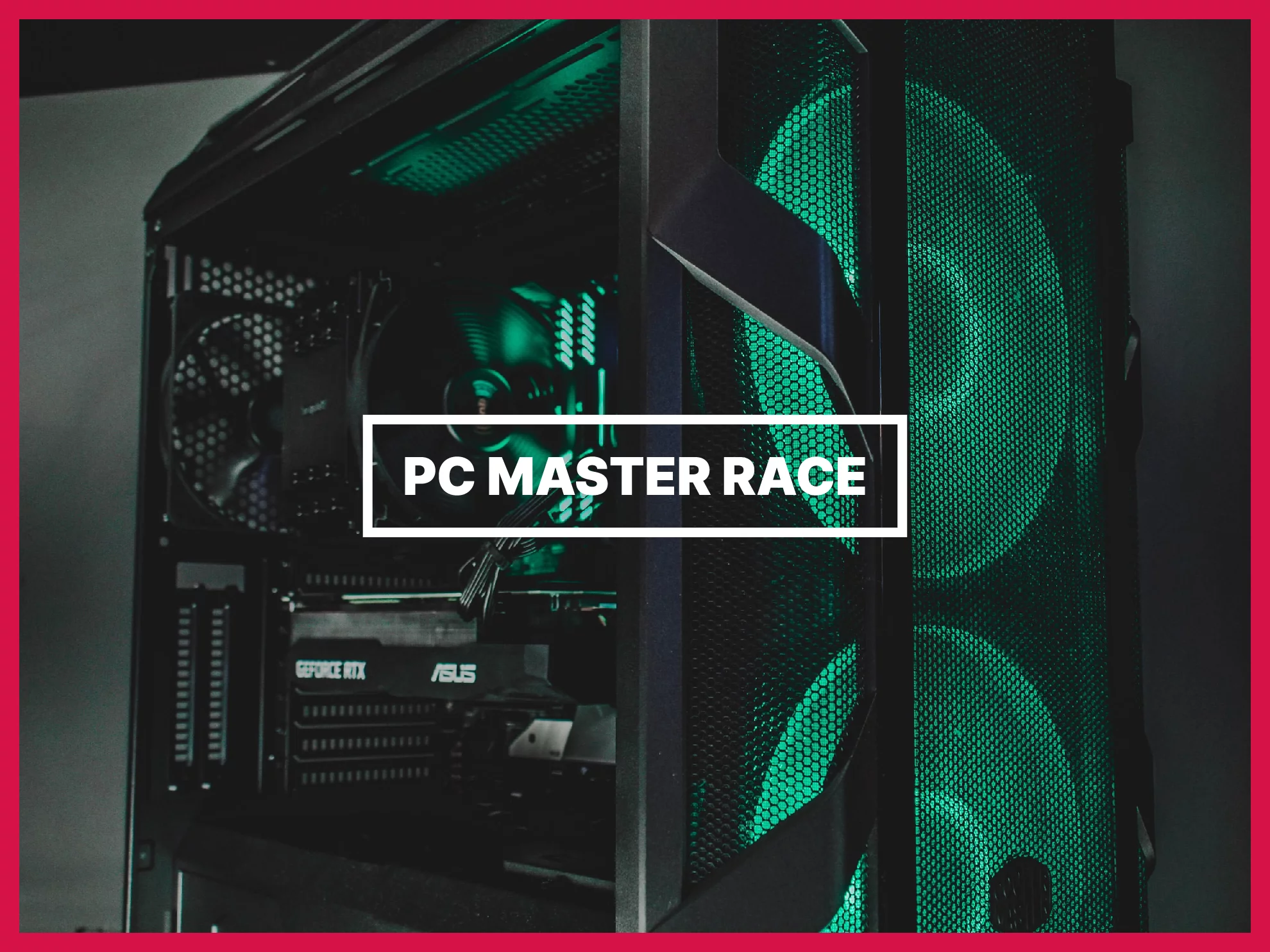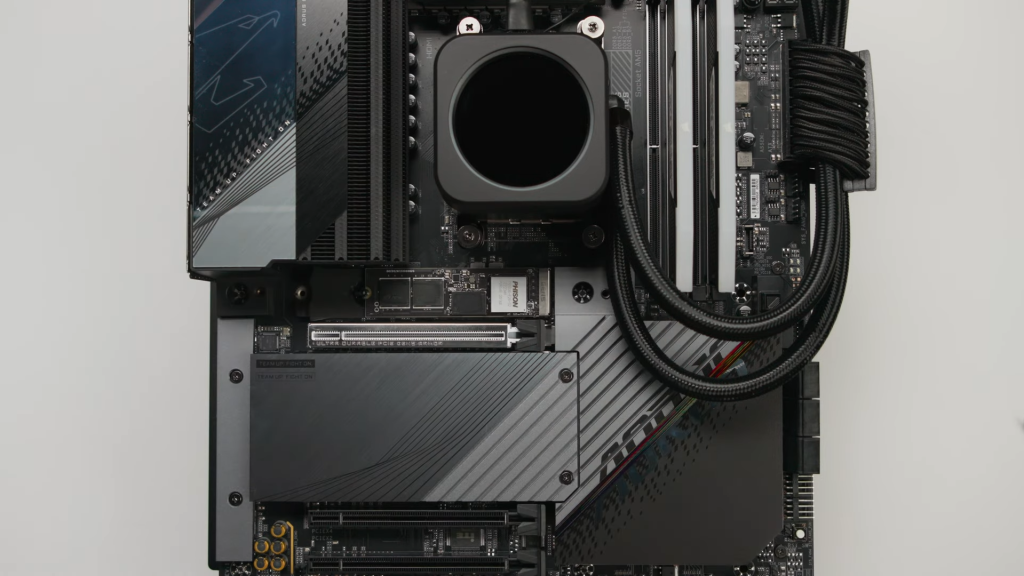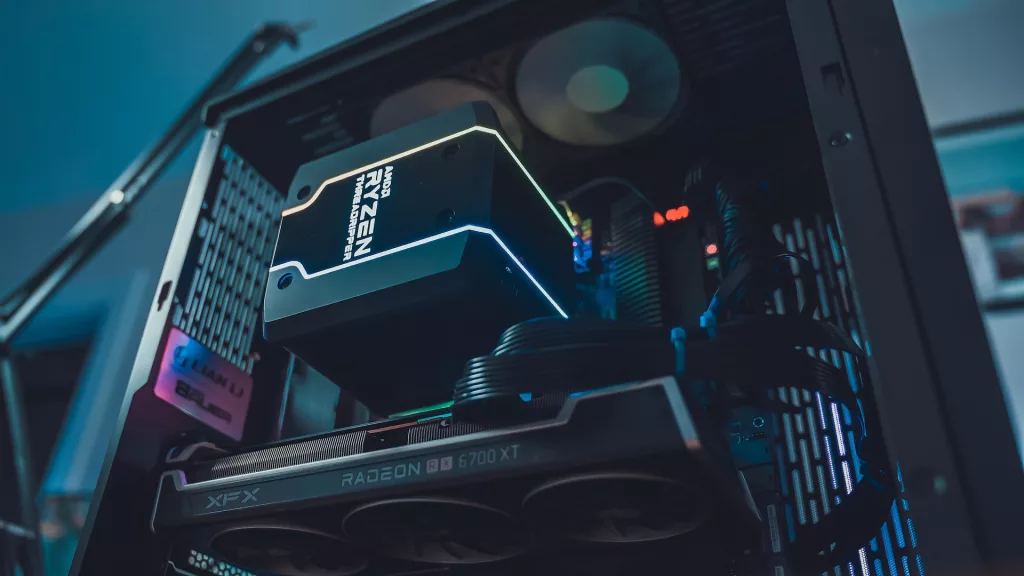A gaming PC is a big expense. It’s an investment. Sure, it can do a lot and let you enjoy a beautiful gaming experience. But the question you want to ask yourself is whether you really need one or not. Given gaming is very important to you and your budget is tight, is a gaming PC really the best use of your money? Are there any valid alternatives you can try? Any other type of gaming hardware that might be exactly what you need?
Let’s look at the options.
Console vs. laptop vs. PC
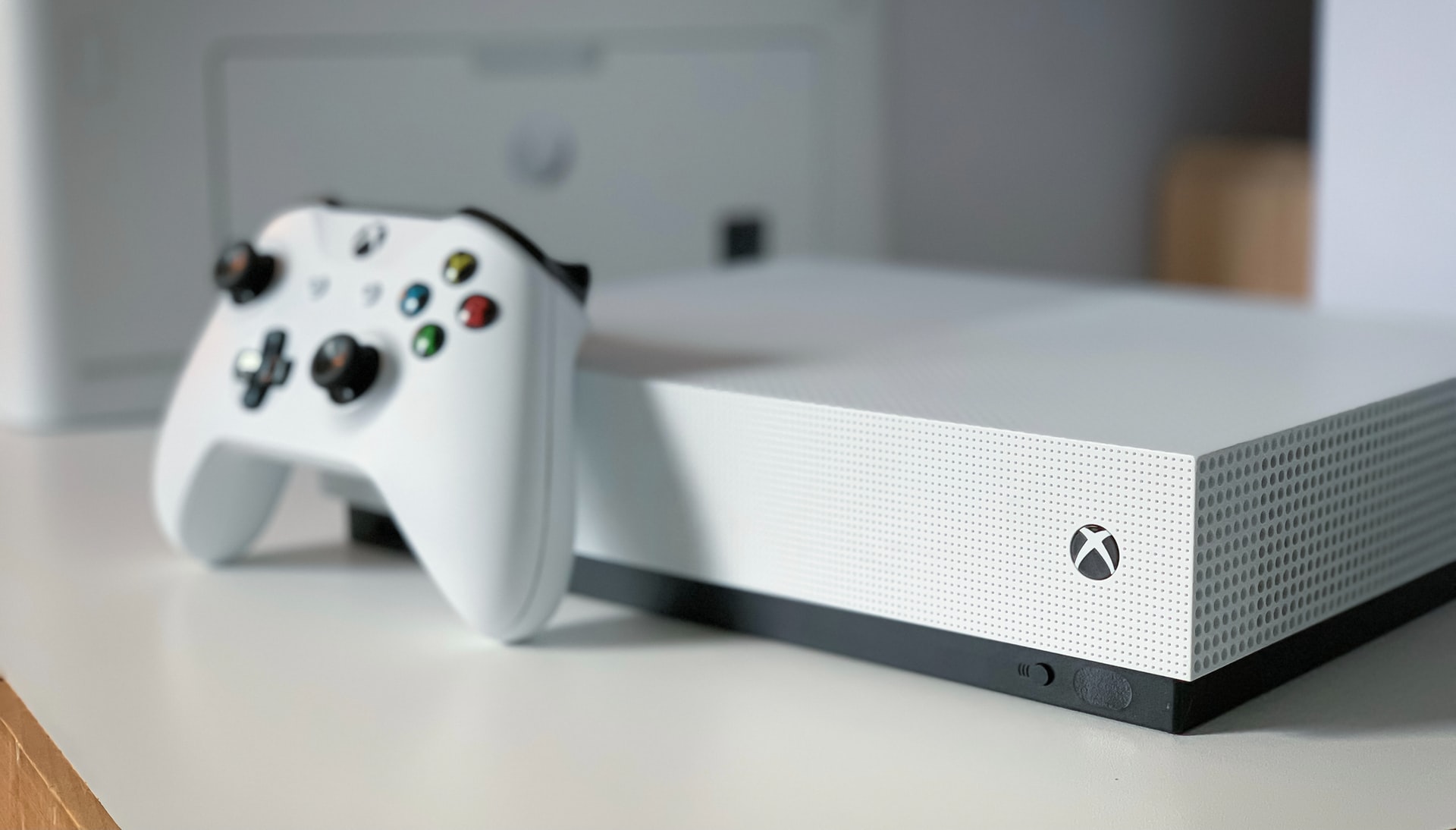
In general, a gaming console is cheaper than most gaming PCs. A decent gaming PC will cost you around $600, and that’s “decent”. Also, most probably that’s only the GPU + CPU + RAM + storage + cabinet cost, not even the monitor, keyboard, mouse, headphones.
In total, if you want to play modern AAA titles at 60FPS at 144Hz or nearby, you need to invest at least $800-1000 in total. If you already have a mouse, keyboard, and monitor then you should definitely aim for a decent gaming PC.
A gaming console, in comparison, costs half approximately. The new generation PS5 is priced at $499 (and so is the Xbox Series X).
On the other hand, a gaming laptop will cost you more than building a gaming PC for yourself. So don’t go that way unless you really, badly need portability.
A weak gaming PC is an option
Making a weak gaming PC is actually an ideal option. You’ll find plenty of options out there to build gaming PCs for $500 including all the required peripherals. These don’t pack so much power and you’ll probably be running 2022 and beyond’s blockbuster games at 30-40 FPS or even less.
But it’s not outright unplayable. Also, improve your palate by discovering niche games that aren’t very taxing on your system – you’ll find a whole new world of enjoyment in indie games. Use Steam or Epic Games to discover such gems.
Upgradability is a boon
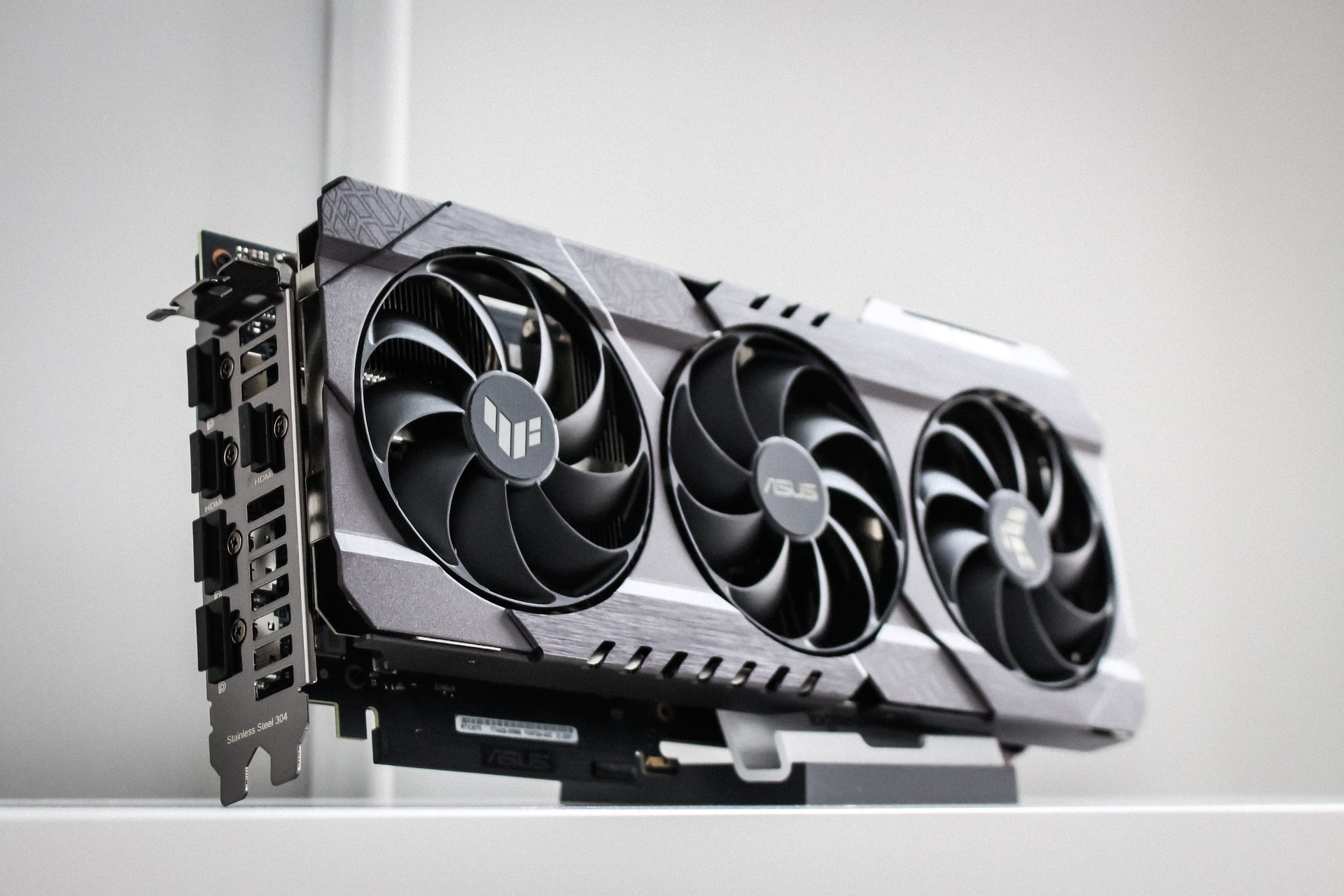
One of the perks of a gaming PC is the ability to upgrade components. So, save up some money and get another RAM stick. Next year, invest in a better GPU. Maybe improve the cooling by adding a couple of fans. Add an SSD apart from the typical HDD you have to make loading screens and general PC functions faster. Get a bigger monitor after that. All these are optional and can be done incrementally, one at a time.
This means that you can start from a weak gaming PC configuration and still play games. The experience will not be the best, but won’t be trash either. And upgrade one thing at a time.
Also read: How much should you invest in a desktop GPU?


